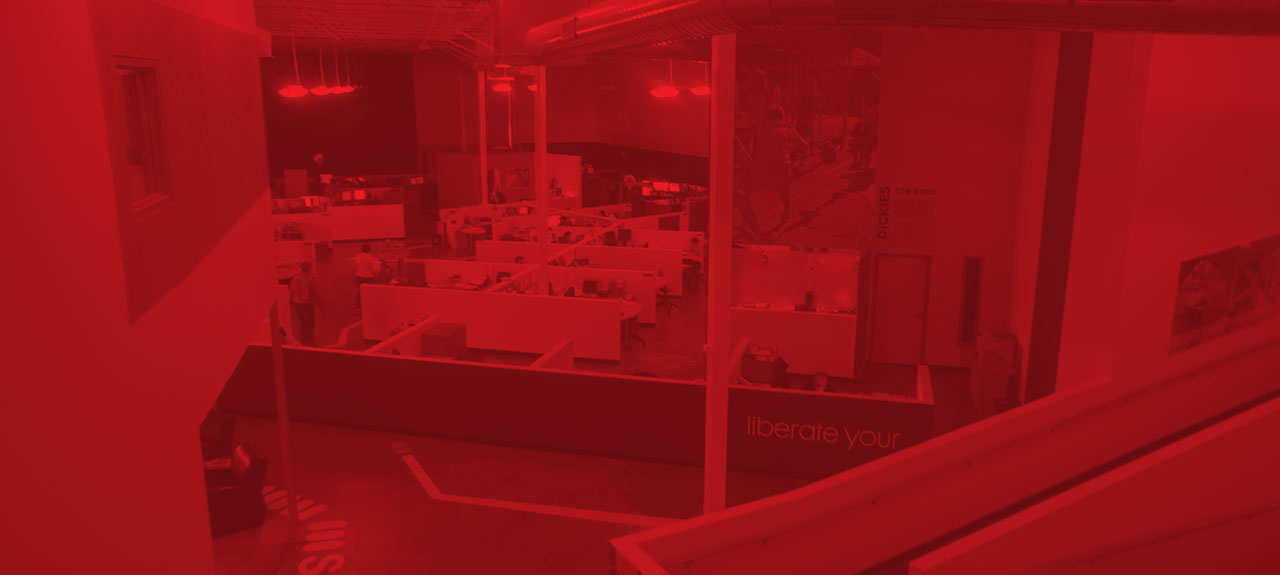One of the major changes in the agency business in the past seven to ten years has been the increased role of procurement departments to facilitate vendor selection for creative agency work. There are likely to be at least two points of view about the value of this involvement: the agency’s point of view and the client’s point of view. I’ll try to take a productive look at both.
Understanding Pricing in the Agency World
Because much of agency work is intellectual property vs. a pure commodity, it can often be difficult to put a price on the value of the idea. I remember a fellow senior manager at an agency several years ago, who many times wished out loud he were in the hardware business – because in the hardware business, pricing is simple. A customer walks in the door and knows what they want. They know that if a pound of 16 penny nails is priced at $4.00, they can have it for $4.00. The price and deliverable are clearly defined.
In the agency business, it is not so straightforward. The client typically walks in the door with a well-defined understanding of what they want to accomplish, but not the path needed to get there. So the agency team does what we all are very good at: we propose solutions to help the client meet their objectives. We work for days putting together all of the cost elements. When we finally have that defined scope of work priced out and delivered to the client, more often than not we get the call from purchasing.
Purchasing says something like: “The marketing department has given me your proposal,” and after a few minutes of stilted conversation, they get to the point: “You know, we really have to send this out to bid …”
What I’ve Learned from Procurement
In the long run, we learned when and how procurement is engaged and have probably benefited from relationships with them as often as we as we have lost. It is their job to get the lowest prices, either through auctions, rate card comparisons, margin limitations or some other mechanism. They are there to make the projects efficient, while the agency still has to make them effective. Procurement departments certainly serve a purpose, particularly when it comes to the purchase of commodities. However, the business, relationships and intimacy an agency has with a brand are entirely different from someone quoting a commoditized item.
As good stewards of the brands on which we work from both a creative standard and cost efficiency standpoint, we have learned to bridge the tension between these two factors and establish partnership with procurement departments by working against the following guidelines.
1. Practice mutual respect.
We know procurement has a process they must adhere to, and Switch also has its process. Respecting what each side has to do is key.
2. Develop clear and meaningful specifications.
This ensures all bidders are bidding on the same thing. Without detailed and clear specifications and scopes of work provided by the client, you really can’t compare apples to apples when receiving bids.
3. Make an effort to understand each others’ businesses.
It is difficult to have a meaningful conversation on projects if you don’t understand the terms and how they affect the work and budget.
4. Ensure we only bid on projects for which we are a legitimate contender.
If you know an agency isn’t a fit for a particular project but don’t want them to feel left out of the process, just tell them. We’d rather not work to put together a bid for something you already know is better suited for a different partner.
5. Make sure to understand who the true decision maker is.
Oftentimes procurement’s involvement is a step in the process, and the final decision sits elsewhere. If procurement’s internal client (i.e. the CMO) isn’t willing to consider new vendors, be upfront with your agency partners that it’s a long shot vs. painting a rosy picture against which you won’t be able to deliver.
6. Demand transparency of the decision factors.
If you sincerely want to do business with us, let’s sit down at the table and negotiate. At Switch, we will take every opportunity to make sure you know exactly how much something costs and how we can impact the price. We believe it is only with such knowledge that you can evaluate how you want to spend your budget.
We put our reputation on the line every time we present our thinking, our process, our budgets and our plans. It’s a lot more than just a budget spreadsheet.
At Switch, we get it – budgets are tight and there is always someone willing to risk their reputation and yours by putting a lower price on the table. If price is your only criterion for success, there will always be a cheaper agency. But a true partner will care for your brand, be mindful of your budget and collaboratively find a way to meet your objectives within your pricing limitations.
To learn about how your brand can work with Switch, reach out to John at JohnN@theswitch.us.














